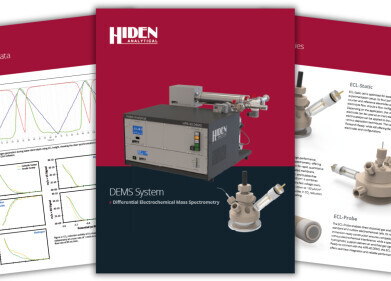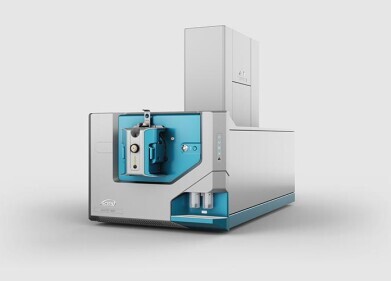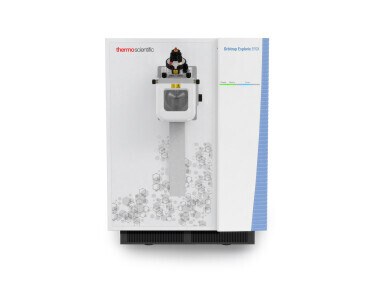Mass spectrometry & spectroscopy
What is the Second Type of Schizophrenia?
Mar 13 2020
New research from the University of Pennsylvania School of Medicine has shed new light on schizophrenia and revealed two distinct neuroanatomical subtypes of the mental illness. The study involved more than 300 schizophrenia patients from the United States, China and Germany, as well as more than 350 health controls, all aged 45 years or younger.
After analysing brain scan results the Penn Medicine team found two schizophrenia subtypes, the first with lower widespread volumes of grey matter compared to healthy controls and the second with similar volumes to normal brains. Of the patients with schizophrenia, 115 did not display the low levels of grey matter volume typically associated with the disorder. Instead, their brains had increased volume in a middle section called the striatum, which controls voluntary movement.
Differentiating between schizophrenia subtypes
The findings were published in the journal Brain, with the team predicting that in the future differentiation between schizophrenia subtypes could be used to develop more personalised treatment options for the illness, which affects around 1% of the global population.
"Numerous other studies have shown that people with schizophrenia have significantly smaller volumes of brain tissue than healthy controls. However, for at least a third of patients we looked at, this was not the case at all -- their brains were almost completely normal," explains Christos Davatzikos, PhD, principal investigator of the study and Wallace T. Miller Sr. Professor of Radiology at the University of Pennsylvania. "In the future, we're not going to be saying, 'This patient has schizophrenia,' We're going to be saying, 'This patient has this subtype' or 'this abnormal pattern,' rather than having a wide umbrella under which everyone is categorised."
Developing specialised treatment strategies
Until now, attempts to study schizophrenia by comparing healthy and diseased brains have been thwarted by failure to identify the two subtypes. Davatzikos says this oversight has compromised clinical care and confused research findings. He hopes the new study, which carried out brain scans using a machine learning technique called HYDRA (Heterogeneity Through Discriminative Analysis), will enable specialists to distinguish between disease subtypes and develop specialised treatment strategies, as opposed to resorting to the common trial and error approach used to distribute antipsychotic medications.
"This method enabled us to sub-categorise patients and find how they differed from the controls, while allowing us, at the same time, to dissect this heterogeneity and tease out multiple pathologies, rather than trying to find a dominant pattern," says Davatzikos.
Eliminating the trial and error approach
Co-senior author Daniel Wolf, an Associate Professor of Psychiatry at Penn agrees, saying "The treatments for schizophrenia work really well in a minority of people, pretty well in most people, and hardly at all in a minority of people. We mostly can't predict that outcome, so it becomes a matter of trial and error," Wolf said. "Now that we are starting to understand the biology behind this disorder, then we will hopefully one day have more informed, personalised approaches to treatment."
From unravelling the mechanics of schizophrenia to developing biopharmaceutical products, science is at the forefront of public health. To find out more about the latest mAb-based drug breakthroughs don't miss 'Comprehensive Characterisation of Monoclonal Antibodies Using Charge Variant Analysis Coupled to High-Resolution Mass Spectrometry.'
Digital Edition
Lab Asia Dec 2025
December 2025
Chromatography Articles- Cutting-edge sample preparation tools help laboratories to stay ahead of the curveMass Spectrometry & Spectroscopy Articles- Unlocking the complexity of metabolomics: Pushi...
View all digital editions
Events
Jan 21 2026 Tokyo, Japan
Jan 28 2026 Tokyo, Japan
Jan 29 2026 New Delhi, India
Feb 07 2026 Boston, MA, USA
Asia Pharma Expo/Asia Lab Expo
Feb 12 2026 Dhaka, Bangladesh



















